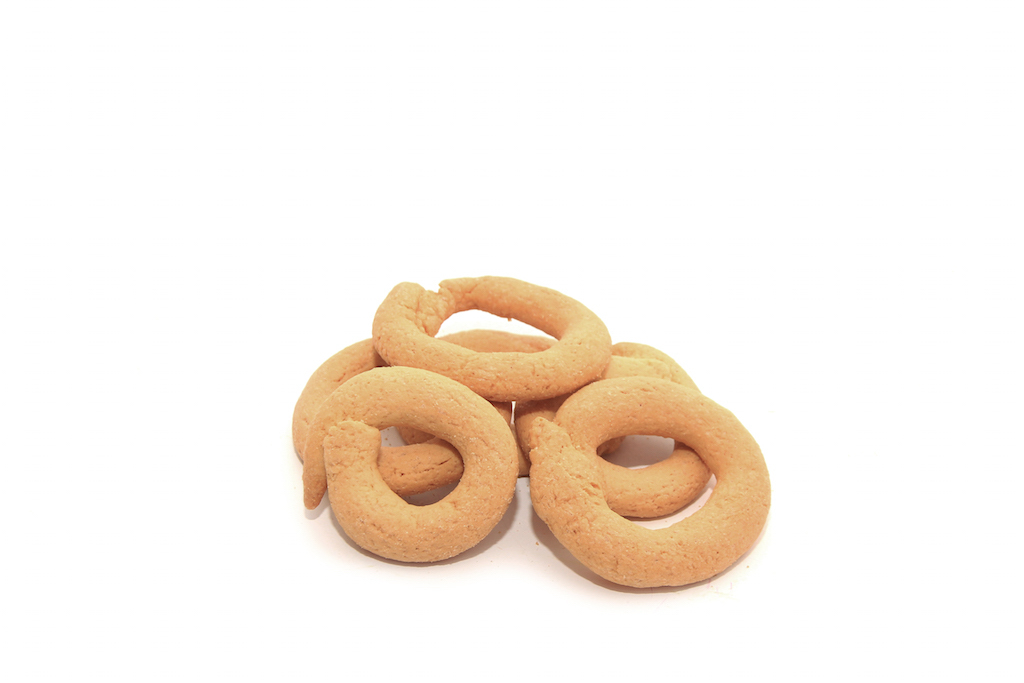What is the CORES Seal?
The CORES Seal was created by Cresaçor within the scope of the INTERREG IIIB CORES Project, in partnership with other bodies from Madeira and the Canaries. It is now further developed through the AZORES + Solidarity Economy Promotion Project financed through Proconvergência.
The process of creating the Seal went through two stages: defining the image and the selection of the products to be marketed (those more likely to be accepted by the local, regional and national markets). The whole process had the support and agreement of the different members.
The CORES Seal is a guarantee that the products and services provided by the different production units of the Solidarity Economy Network comply with the Principles and Values of Solidarity Economy.
Is the CORES Seal a Certification?
The CORES Seal is not a certification. It is a trademark that aims to afford the consumer and society as a whole that the principles of the CORES Seal are incorporated in the production methods of the selected products and services.
The Symbology of the CORES Seal
The Seal of Guarantee of Solidarity Economy Products and Services is based on two factors:
- Identification Factor - The identification of the products and services on the basis of the Principles and Values of Solidarity Economy;
- To energise a Centre for promotion, marketing, acquisition and storage of Solidarity Economy products – The CORES Shops Network and the Acquisitions Centre.
- Guarantee Factor - To produce value in a different mode from the Market Economy, on the basis of common interest and non-profitability;
- To encourage solidarity in a different mode from the social assistance Economy – Personal and Social Economy.
What are the values of the CORES Seal?
The CORES Seal is associated with Six principal values:
- People – through a responsible and solidarity social attitude contributing to the common welfare;
- The Environment – through the use of environment friendly manufacturing, marketing and consumer practises;
- Quality – selecting quality products and services through their intrinsic and extrinsic characteristics;
- Culture – Through the selection of products and services that promote the preservation of local heritage and of cultural identity and tradition;
- Rigour – through the implementation of a rigorous selection system, and its respective monitoring, of Solidarity Economy products and services, thus promoting the consumers’ assurance that the Seal is de facto a “certificate” of guarantee;
- Transparency – as a fundamental requisite to generate trust between producers and consumers.
What are the Requisites in order to be Awarded the CORES Seal?
The CORES Seal has two cumulative requisites:
1. Entity, associated to its mode of operation. The collective or singular entity should incorporate in its activities the CORES Seal values and, at the same time, not jeopardise any of the principles of solidarity economy:
- Not to have, as its main objective, the accumulation of individual profit;
- Job creation, especially for disfavoured individuals, that is, in a situation of povery or social exclusion;
- To promote equal opportunities at all levels, namely as regards gender:
- To respect and value the environment in such a way that the productive activities are not predatory from an ecological point of view, but rather, capable of promoting it even from an economic perspective;
- To respect and value cultural diversity in such a way that the productive activities are not predatory from a cultural point of view, but rather, capable of promoting it even from an economic perspective;
- To contribute to Local Development through interaction with local communities, namely, responding to fundamental unsatisfied needs and mobilizing their capacities;
- To be set on management models based on cooperation and participation;
- To develop permanent evaluation processes favouring a research-Action logic thus enriching both theory and practise simultaneously.
2. Product. The product’s production process should incorporate the CORES Seal values. They are, therefore, products and services which incorporate value within the territory.
Who can be awarded the CORES Seal?
Any public or private body, both collective and singular, with products and services that meet the Seal’s requirements.
Which Products and Services may use the CORES Seal?
All those that meet the requirements. In general terms, these are products or services that incorporate local produce, show original or typical characteristics, that are environment friendly, preserve cultural identity or have intrinsic quality. Cheese, spicy sausages, cakes, liqueurs, wine, woodwork, handicraft, etc.
Where can products and services with the CORES Seal be sold?
They can be sold at any authorised shop as long as the CORES Seal is clearly identified.
How may compliance with the CORES Seal Requisites be evaluated?
Cresaçor is the body responsible for attributing and monitoring the CORES Seal.
How to apply for the CORES Seal?
The application begins with the filling out of a specific form provided by Cresaçor who is the holder of the rights to the CORES Seal trademark.
The submitted application will be analysed by Cresaçor and there will be a reply within 1 month. If approved, a one year agreement contract will be signed after which, through the monitoring process, a new contract will be signed.
On application approval the proponent is required to take a 3 hour course on the principles of solidarity economy. Should the proponent show these principles he/she will be exempted from this requirement.
